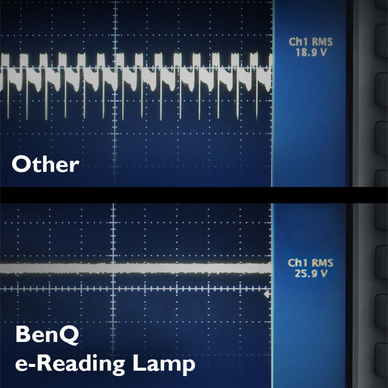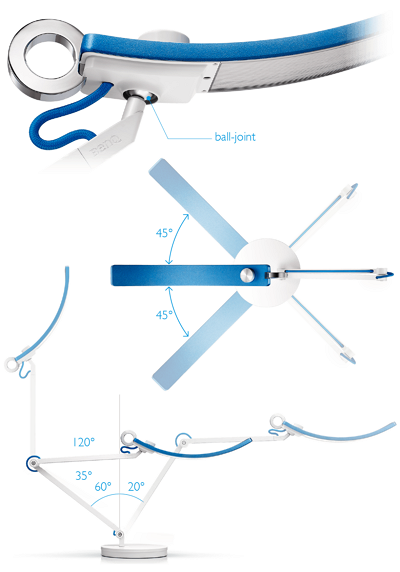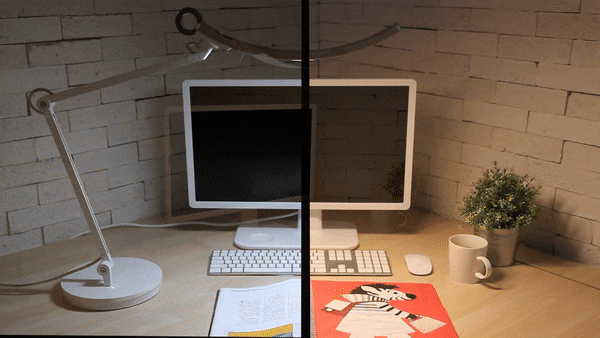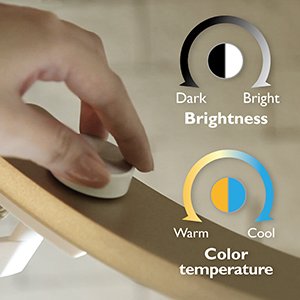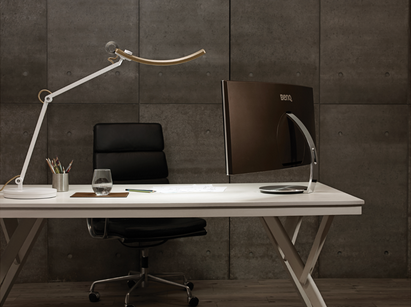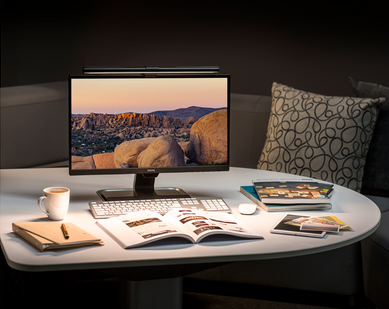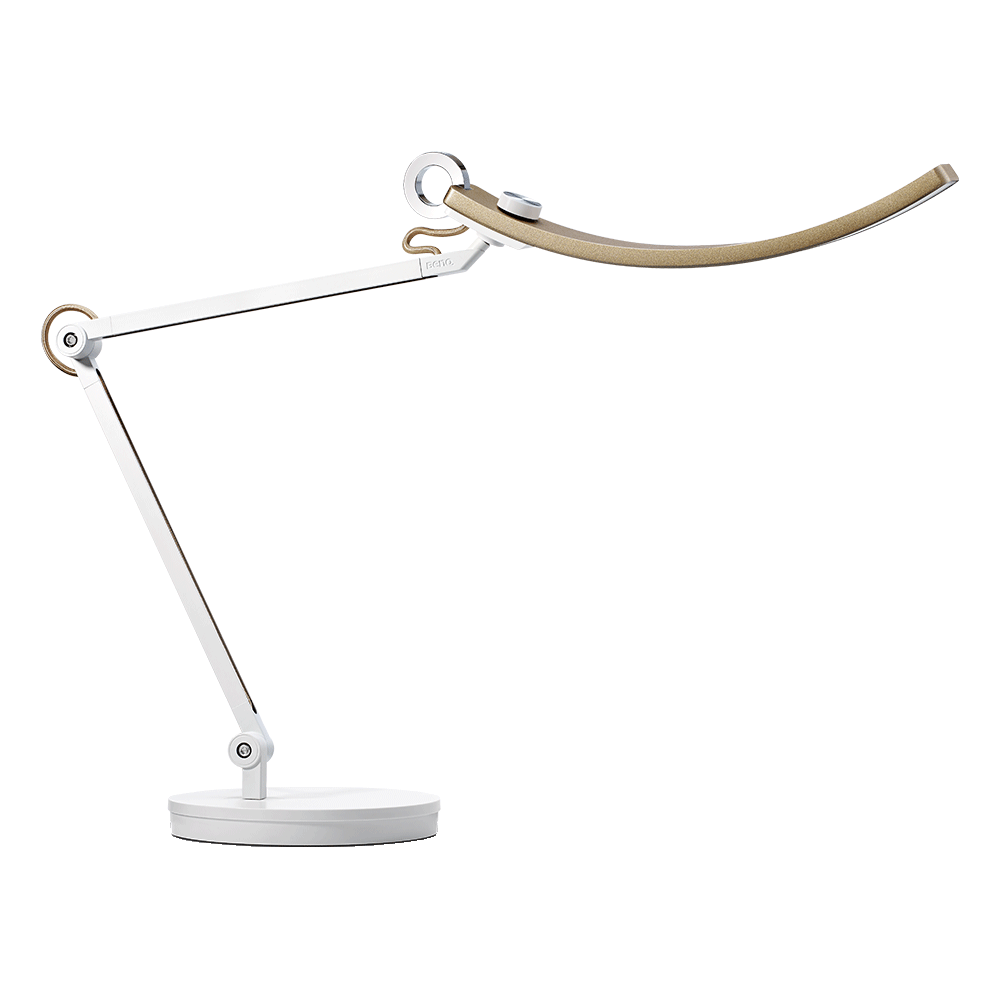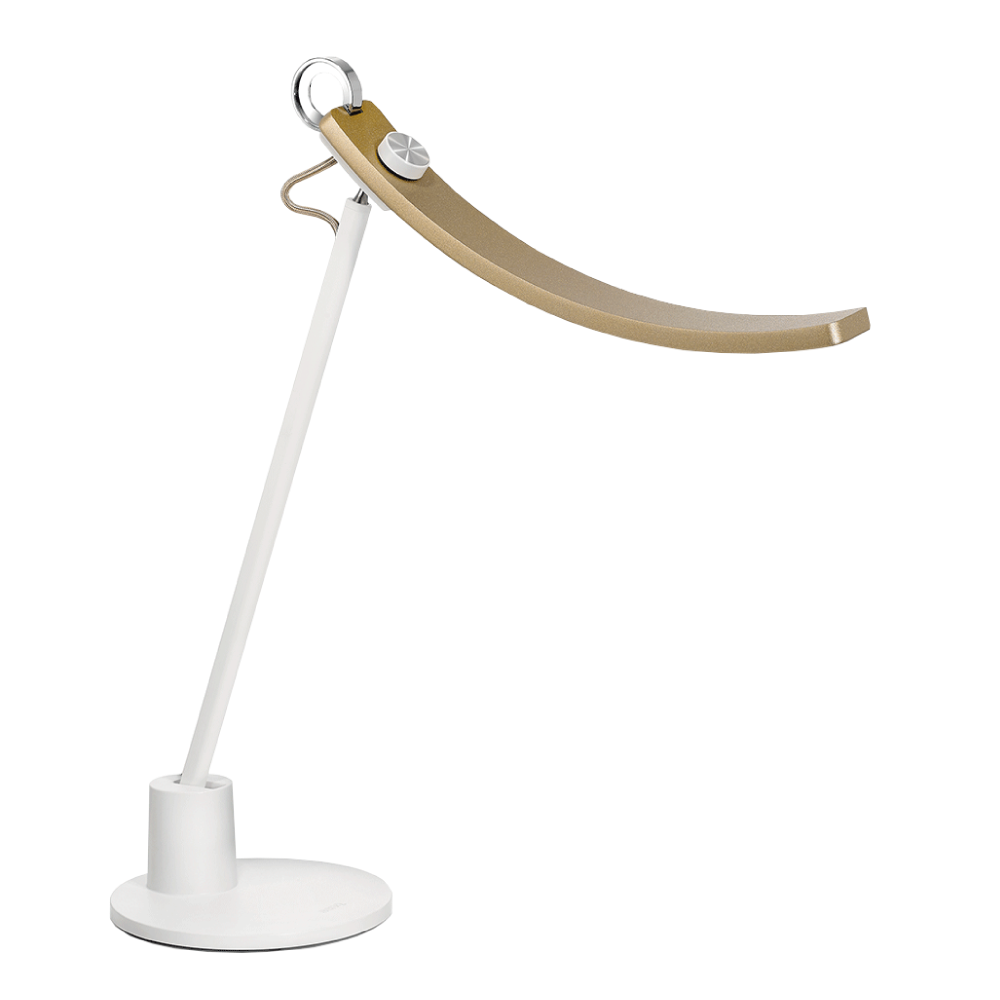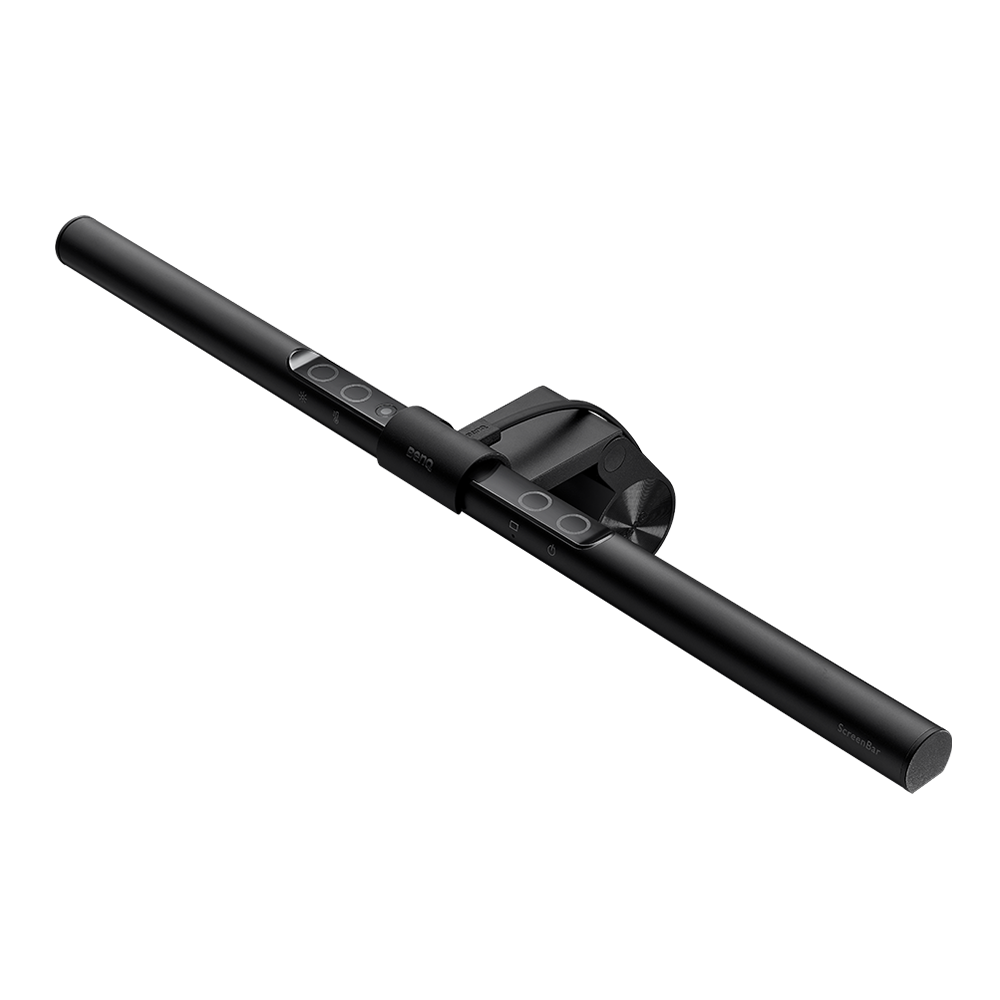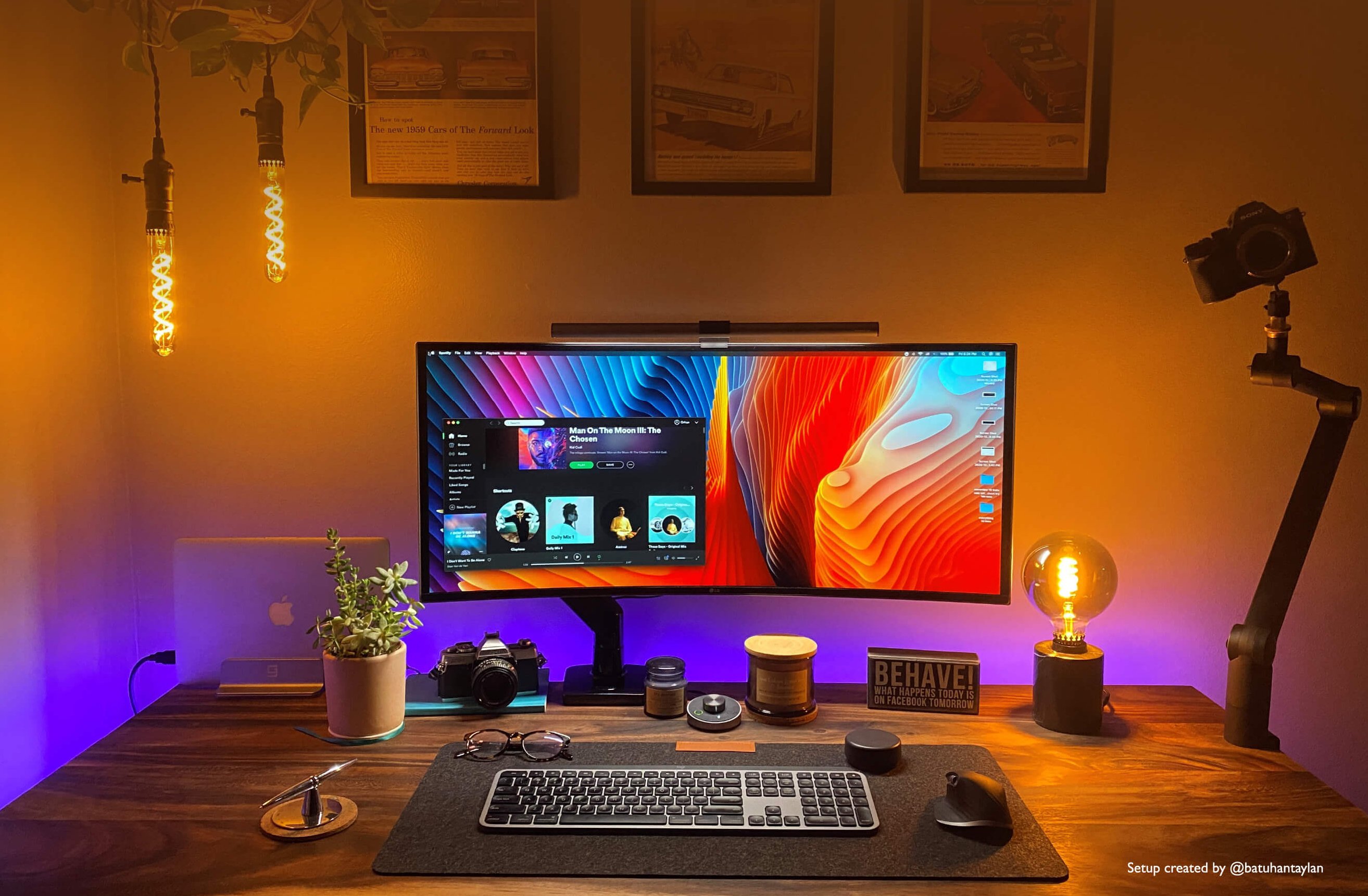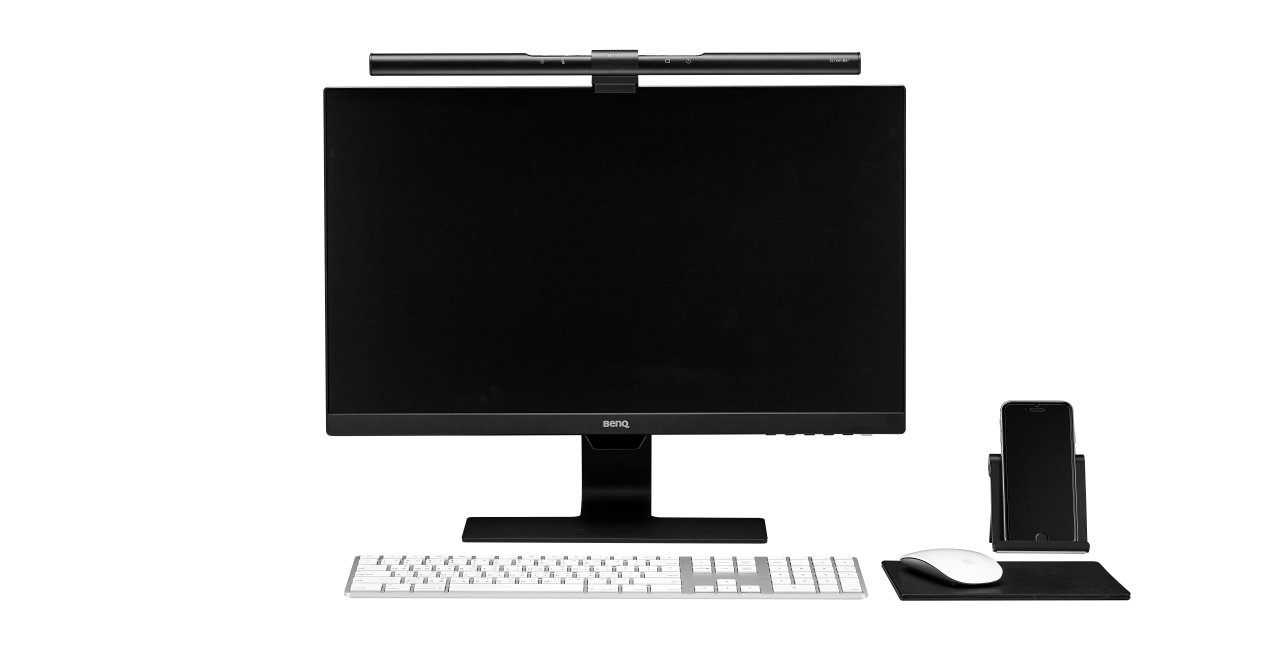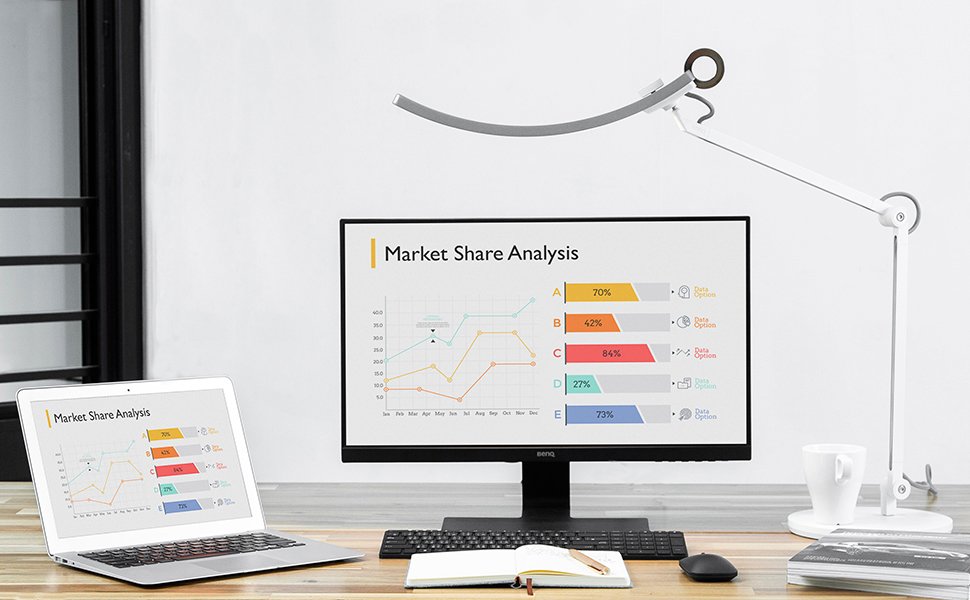
What should we consider when purchasing a desk lamp? Usually, we might center our attention on aesthetic properties, or even think that it's not a critical decision. However, eye discomfort from working under inadequate lighting quickly reminds us that desk lamps are more than simple decorations.
Good lights are essential for a productive office or study room. With the idea of working from home getting more and more popular, you are probably looking for a multi-purpose desk lamp for your home office and your entertainment, such as reading, gaming, crafting, etc. To that end, your desk lamp should be useful for both on-screen and off-screen reading.
Poor lighting has a damaging effect on our physical and mental health, causing headaches and fatigue. By providing the right illumination, desk lamps create a better working and reading environment without stressing and straining our eyes. Getting to know the importance of proper desk lighting, you might be wondering: how do I choose the best desk lamp?
There are three key criterion you must consider when looking to buy a desk lamp: illuminance, adjustability, and desk size. That is, a great lighting environment consists of adequate brightness, right balance between function and adjustability, and necessary features that are best suited to your tasks and space. Let us talk about them in detail.

